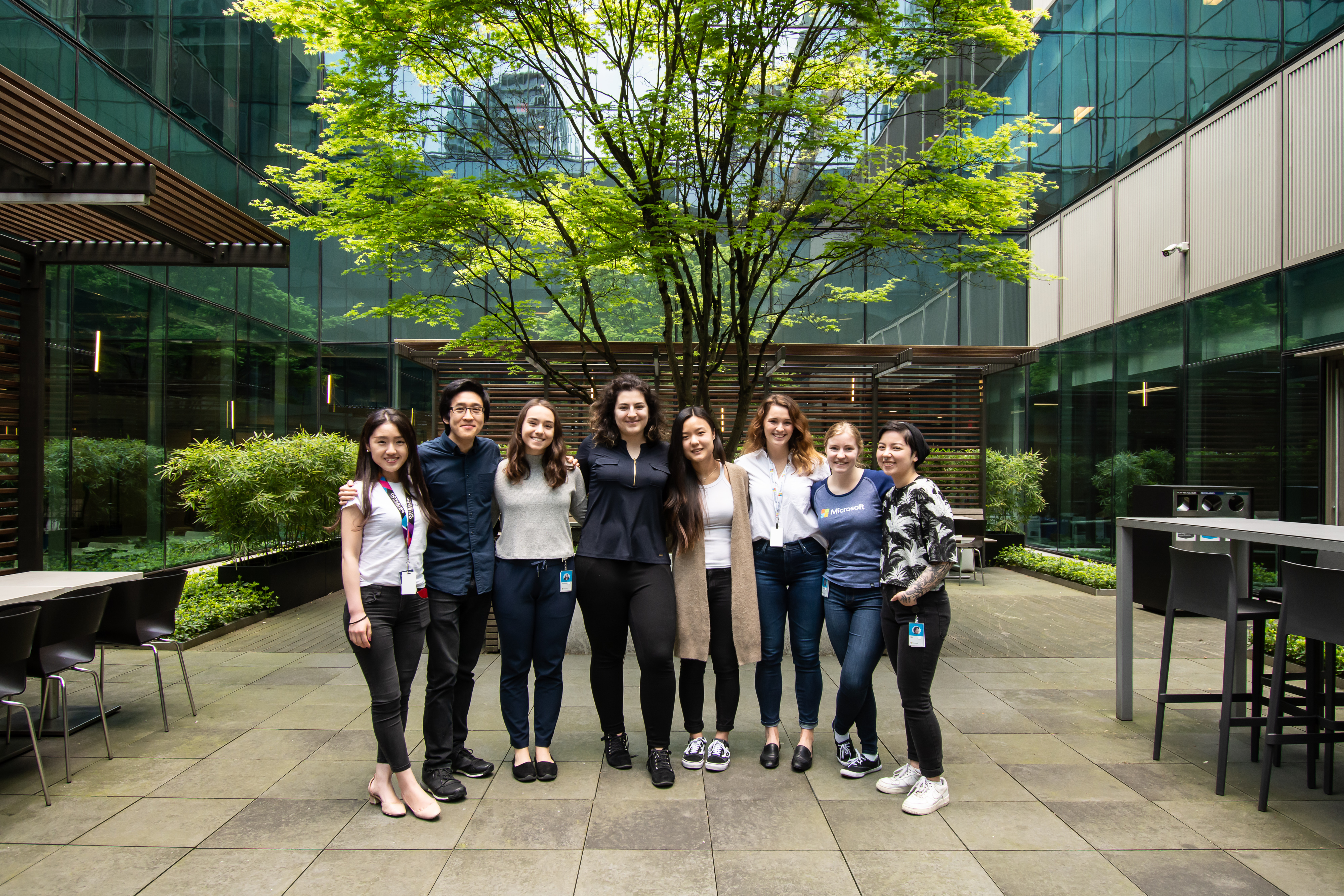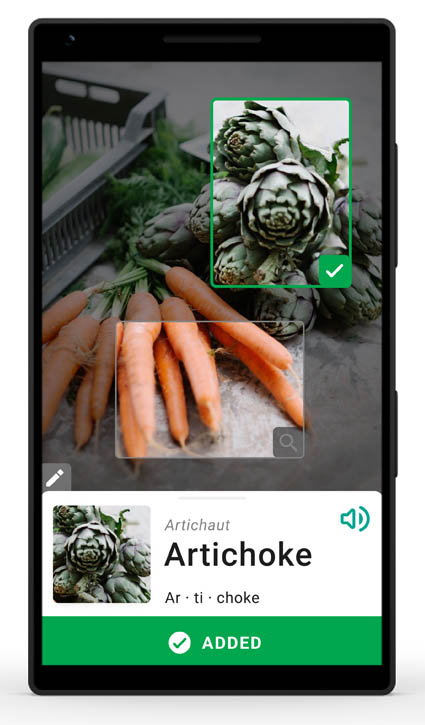In the first week of their Garage internship in Vancouver, eight interns were inspired by a Microsoft Education team challenge to build an app that could empower literacy. Today we’re excited to announce the opportunity for literacy NGOs and nonprofits to participate in an experiment that will test their work. Read My World, a Microsoft Garage project, is an app for Android that empowers low literacy and English Language Learning (ELL) adults to improve their English literacy skills by building a stronger vocabulary. If you work at an organization that serves these communities, we welcome you to request an invitation to join the experiment via a short, online questionnaire.
Empathy fuels a unique approach to adult literacy
Passion abounded within the team of interns, each with their own powerful reason for jumping headfirst into the project. “Tackling literacy is such a huge brief; we spent a lot of time scoping that down to something we tackle during an internship,” shares Kit Weil, the Design Intern for Read My World. The team began deep research on low literacy communities around the world and why someone might encounter challenges as they built English reading and writing skills. “We were surprised to learn that adult literacy is a challenge everywhere, even in Canada,” adds Kate Macdonald, the Program Manager Intern of the project. “There are great programs for learning English, but someone might not have the time funds, or access to a long and periodic classroom style experience.

The Garage intern team decided to zero in on building an experience that could take a unique approach to helping busy adults grow English vocabulary outside of the classroom. After conducting research and speaking to local non-profits and government agencies helping adults master the English language, the team landed on a clearer picture of their target user and a tool that would help: adults learning English that wanted to supplement their classroom training with a vocabulary builder or adults that couldn’t participate a class at all due to high costs or conflicts with work or family care schedules.
Nicole Joyal, a Software Developer Intern, shares “Originally, we were planning more of a lesson plan style approach, but through our research and discovery we realized a Swiss army knife might be more useful. We wound up building a tool that can help you throughout your day-to-day rather than something that teaches.”
Grow vocabulary from objects found in the world around you
Read My World takes a learn-as-you-go approach; when learners encounter objects or documents in their everyday lives, they can use the app to take a picture and detect vocabulary words using the Azure Cognitive Services APIs that power the project. Users can then save words to strengthen comprehension and memorization in any of three vocabulary games. After sharing early versions of Read My World with teachers and learners, the team also added a feature to detect words in documents.
 Key features include:
Key features include:
- Take a photo to identify an object from a library of over 1500 vocabulary words
- Take a photo to identify vocab words in documents or other written mediums
- See the spelling and hear the phonetic pronunciation of identified vocab words
- Save photos with corresponding identified word to a personal dictionary for later reference
- Practice saved words with any of three vocabulary games
As learners use the app, the team hopes they will not only build their mastery of everyday vocabulary, but also their confidence. “I’m the first person in my family to go to university, and it’s been such a humbling and empowering experience to provide a similar opportunity, even in this small way, to those who might only imagine dreaming of this,” shares Kit.
Request an invitation to join the experiment
Read My World will be available for trial and feedback by selected organizations. If you work with low literacy communities at an NGO or non-profit, you can request an invitation to join the experiment by filling out this short, online questionnaire, and the sponsoring team will be in touch.
